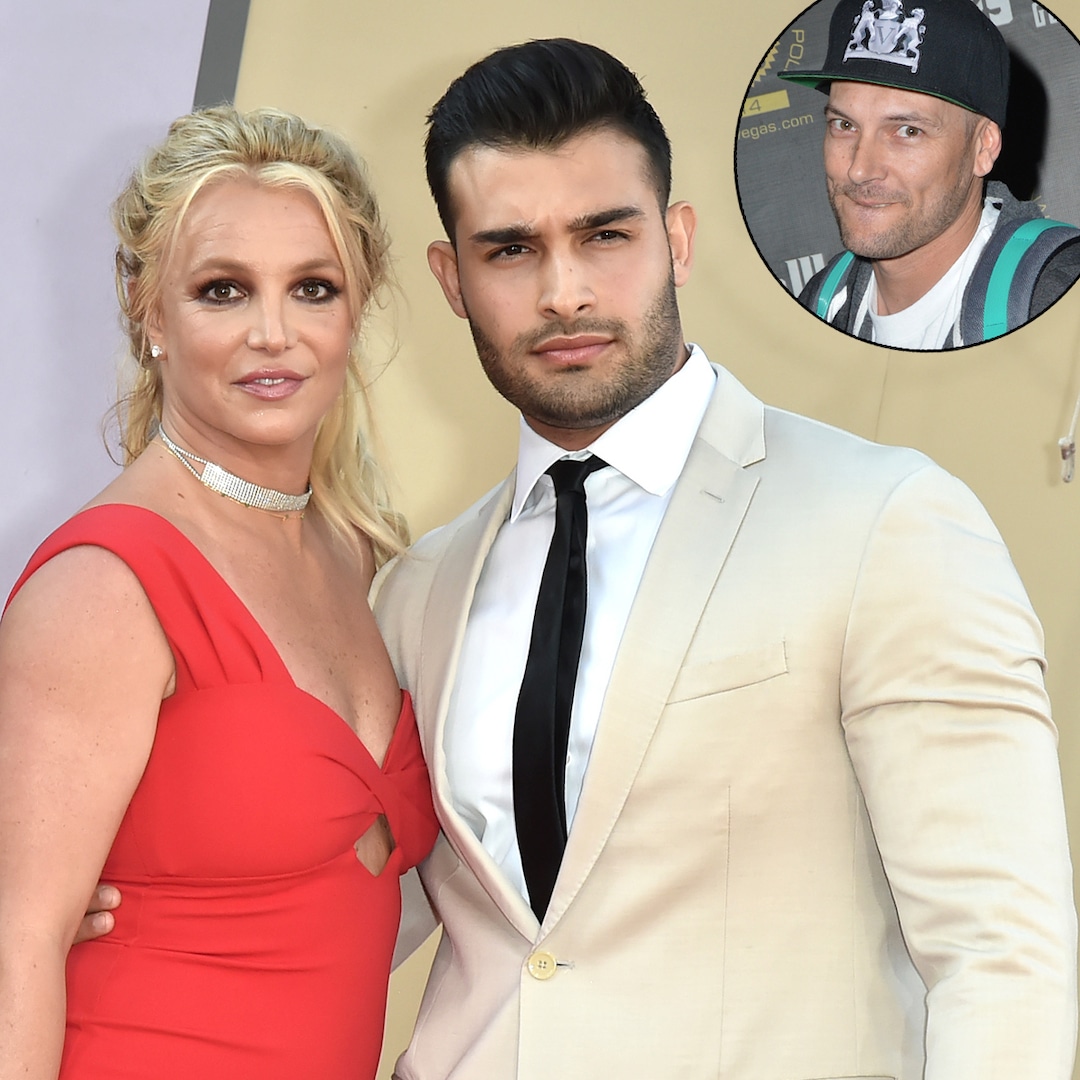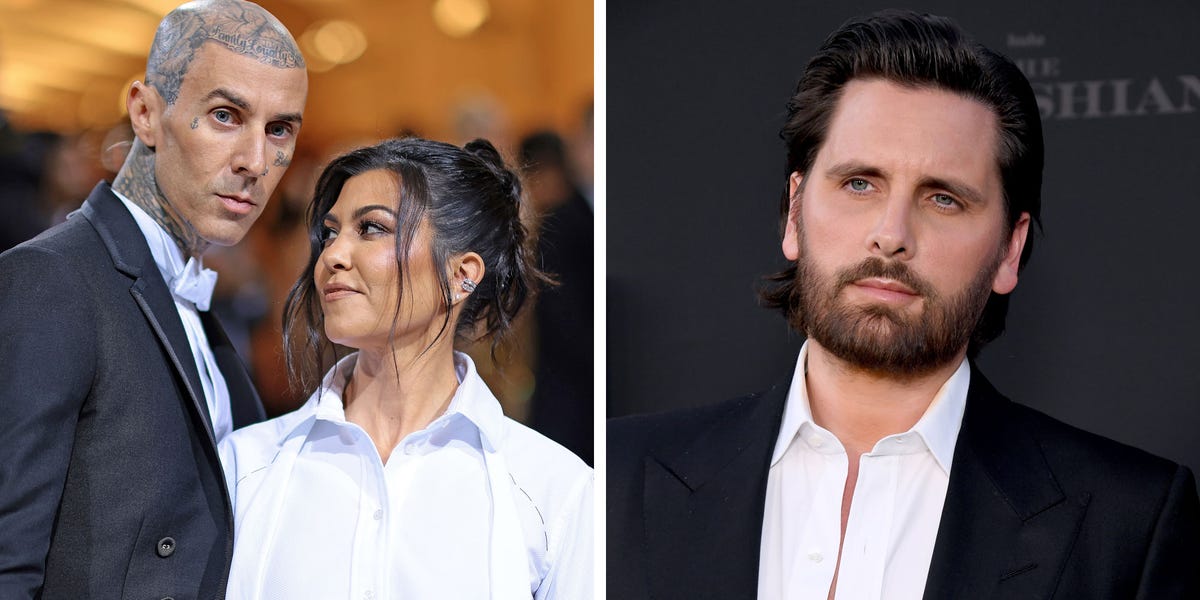India and the US are poised to unveil defence and technology deals including a purchase of American spy drones during Prime Minister Narendra Modi’s state visit to Washington on Thursday.
India’s agreement to buy armed MQ-9B SeaGuardian drones, which are produced by General Atomics, will come as Modi becomes only the third world leader to make a state visit to the US since President Joe Biden took office in 2021.
The leaders will also announce that memory chipmaker Micron will open a $2.75bn semiconductor assembly and test facility in India, which will include $800mn in investment from the US company.
“After years of strengthening ties in a bipartisan context, the US-India partnership is deeper and more expansive than . . . ever,” said a senior US official.
Biden and Modi will also sign an agreement that will result in General Electric co-producing fighter jet engines in India, which a second senior US official described as a “trailblazing initiative”.
The agreements, which also include efforts to boost co-operation in space, mark a big push by the US to draw India into its orbit as part of a strategy to work with allies and partners to counter China.
Since taking office, Biden has invested in boosting defence and security co-operation with New Delhi, including resurrecting the “Quad” security group that includes India, Japan and Australia.
While India maintains a non-aligned foreign policy, it has moved closer to the US amid rising tensions with China.
India and China have an unresolved dispute along their nearly 3,500km-long border, which last escalated into violence in May 2020 when Chinese and Indian troops clashed in the Galwan Valley, leading to the deaths of 24 soldiers from the two militaries. Each side has since maintained about 60,000 troops near the border.
American officials say the clashes have made India more willing to partner with Washington. The drones would allow India to substantially improve its intelligence, surveillance and reconnaissance operations, the second US official said.
A US defence official this week said that the security deals would boost interoperability between the US and Indian militaries.
The first senior official said the countries were working more closely on maritime and other contingencies. “We are planning more together [and] we are training more together,” said the official. “We’re engaging in a variety of scenario developments and . . . you will see that co-operation will extend increasingly not just to the Indian Ocean but to the Pacific Ocean.”
After arriving in Washington on Wednesday, Modi, who dined with Biden that day, will meet the US president again on Thursday before speaking to a joint session of Congress — becoming one of only a handful of world leaders to do so more than once.
Biden has come under criticism for granting Modi a state visit, given accusations from critics that Indian democracy is under threat from a squeeze on free expression and incitement of violence against minority Muslims and Christians.
The US official said Biden would approach discussions about human rights with “a degree of humility” and would not engage in “hectoring, lecturing or scolding”.
Follow Demetri Sevastopulo on Twitter


























































![Mason Ramsey – Twang [Official Music Video] Mason Ramsey – Twang [Official Music Video]](https://i.ytimg.com/vi/xwe8F_AhLY0/maxresdefault.jpg)






















